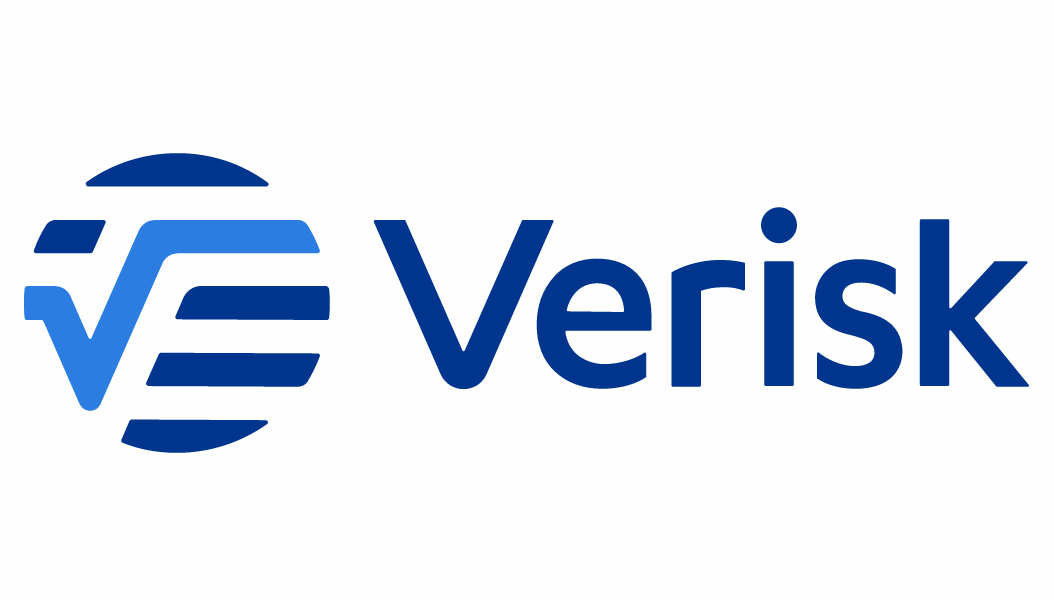
Certified Public Accountants (CPAs) are trusted advisors, tasked with managing sensitive financial information, ensuring compliance with tax laws, and providing strategic guidance to individuals and businesses alike.But with great responsibility comes significant risk.A single mistake—whether it’s a miscalculation, a missed deadline, or an overlooked compliance issue—can lead to lawsuits, financial losses, and reputational damage.
That’s why having the right insurance coverage is not just a good idea for CPAs—it’s essential.In this blog, we’ll explore the key types of insurance coverage every CPA needs to protect their practice, their reputation, and their financial future.Why Insurance Is Crucial for CPAs CPAs operate in a high-stakes environment where even minor errors can have major consequences.
Here are some of the risks they face: Without adequate insurance, these risks could lead to financial ruin.The right coverage acts as a safety net, allowing you to focus on serving your clients with confidence.The Essential Insurance Coverages for CPAs 1. Professional Liability Insurance (Errors & Omissions Insurance) Why You Need It: What It Covers: Professional liability insurance, often called errors and omissions (E&O) insurance, is the cornerstone of a CPA’s risk management strategy.
This coverage protects you from claims that your professional services caused financial harm to a client.Real-World Example: A CPA misinterprets a tax regulation, leading to a client being audited and fined by the IRS.The client sues for damages, and the CPA’s professional liability insurance covers the legal fees and settlement costs.
2. Cyber Liability Insurance CPAs handle a treasure trove of sensitive client data, from Social Security numbers to financial statements.This makes them a prime target for cybercriminals.Cyber liability insurance protects your practice from the financial fallout of a data breach or cyberattack.
Why You Need It: What It Covers: Real-World Example: A hacker gains access to your client database, stealing sensitive financial information.Cyber liability insurance covers the cost of notifying clients, providing credit monitoring, and defending against lawsuits.3. General Liability Insurance General liability insurance protects your practice from third-party claims of bodily injury, property damage, or personal injury.
While it’s not specific to the accounting profession, it’s a critical layer of protection for any business.Why You Need It: What It Covers: Real-World Example: A client trips over a loose carpet in your office and breaks their wrist.General liability insurance covers their medical bills and any legal costs if they decide to sue.
4. Commercial Property Insurance If you own or lease office space, commercial property insurance is essential.This coverage protects your physical assets, including your office, furniture, equipment, and records, from risks like fire, theft, and natural disasters.Why You Need It: What It Covers: Real-World Example: A fire damages your office, destroying your computers and client records.
Commercial property insurance covers the cost of repairs and replacing the lost equipment.5. Business Interruption Insurance When disaster strikes, your practice may need to shut down temporarily.Business interruption insurance helps replace lost income and covers ongoing expenses like rent and payroll during the downtime.
Why You Need It: What It Covers: Real-World Example: A flood forces you to close your office for two weeks.Business interruption insurance covers your lost income and helps you pay your employees during the closure.6. Workers’ Compensation Insurance If you have employees, workers’ compensation insurance is a legal requirement in most states.
This coverage provides medical benefits and wage replacement for employees who are injured or become ill due to their work.Why You Need It: What It Covers: 7. Employment Practices Liability Insurance (EPLI) EPLI protects your practice from claims of wrongful termination, discrimination, harassment, or other employment-related issues.As an employer, you’re vulnerable to these types of claims, even if you believe you’ve done nothing wrong.
Why You Need It: What It Covers: Real-World Example: An employee claims they were passed over for a promotion due to their age and files a discrimination lawsuit.EPLI covers your legal defense and any settlement costs.Building a Comprehensive Insurance Plan Every CPA practice is unique, so your insurance needs may vary.
Here are some tips for building a comprehensive insurance plan: Final Thoughts: Protecting Your CPA Practice As a CPA, your clients rely on you to safeguard their financial well-being.But who’s safeguarding yours? The right insurance coverage provides the peace of mind you need to focus on serving your clients without worrying about the risks.From professional liability to cyber liability insurance, each policy plays a critical role in protecting your practice from financial losses and reputational damage.
Don’t wait until disaster strikes to evaluate your coverage.Reach out to your insurance agent today to review your policy and ensure your CPA practice is fully protected.Are you ready to take the next step in safeguarding your practice? Let’s get started.
Your future self—and your clients—will thank you.
Publisher: Paradiso Insurance








